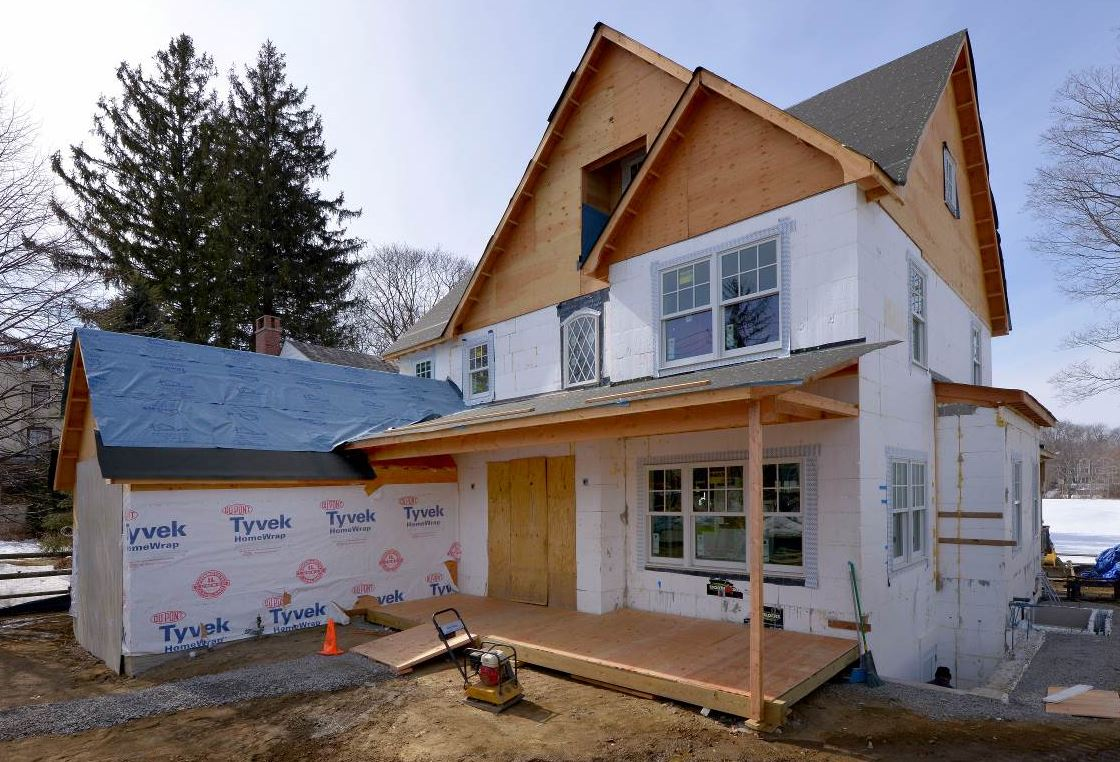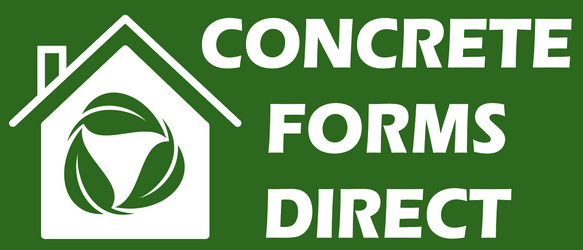
The Role of Vapor Barriers in ICF Home Building Performance
Today, we're diving into a common question that many of our customers ask: Do Insulated Concrete Form (ICF) homes require a vapor barrier? It's a crucial aspect of building construction, and we're here to shed light on the topic to ensure you make informed decisions when considering ICF for your dream home.
Understanding ICF Homes:
Before we delve into the necessity of vapor barriers, let's quickly revisit what ICF homes are. Insulated Concrete Forms (ICFs) are an innovative building system that integrates reinforced concrete with high-performance insulation. These forms, typically made of expanded polystyrene (EPS) or other insulating materials, create a robust and energy-efficient structure.
ICF homes have gained popularity due to their superior insulation properties, strength, and ability to enhance energy efficiency. However, the question of whether or not a vapor barrier is required remains a common concern.
The Role of Vapor Barriers:
In building science, a vapor barrier is a material that impedes the movement of moisture-laden air, preventing it from reaching colder surfaces where it can condense. This is particularly crucial in climates where temperature differentials can lead to condensation within the wall structure, potentially causing mold, rot, and other issues.
So... Do ICF homes require a vapor barrier?
The ICF Advantage: One of the standout features of ICF homes is their inherent resistance to moisture-related problems. The solid concrete core of ICF walls acts as a barrier against moisture penetration. Additionally, the insulating layers on both sides of the concrete further contribute to temperature regulation, reducing the risk of condensation.
In most cases, ICF homes may not necessitate a traditional vapor barrier. The thermal mass and insulation provided by the concrete and EPS eliminate the need for additional measures in many climates. However, it's essential to consider local building codes and climate conditions, as well as consulting with a qualified architect or builder.
Special Considerations:
While ICF homes generally boast impressive resistance to moisture-related issues, there are exceptions. Homes located in extremely humid climates or areas with specific building code requirements may benefit from the incorporation of a vapor barrier. Always check with local authorities and construction professionals to ensure compliance with regulations and to tailor your approach to the specific needs of your project.
In conclusion, the need for a vapor barrier in ICF homes is context-dependent. The robust nature of ICF construction often mitigates the need for additional moisture control measures, making them an excellent choice for energy-efficient and resilient homes. However, it's crucial to assess your local climate, adhere to building codes, and seek professional advice to ensure the long-term durability and performance of your ICF home.
We hope this blog post has provided clarity on the role of vapor barriers in ICF homes. If you have further questions or would like to explore our range of Insulated Concrete Forms, feel free to browse our website or reach out to our expert team.
Happy building!
